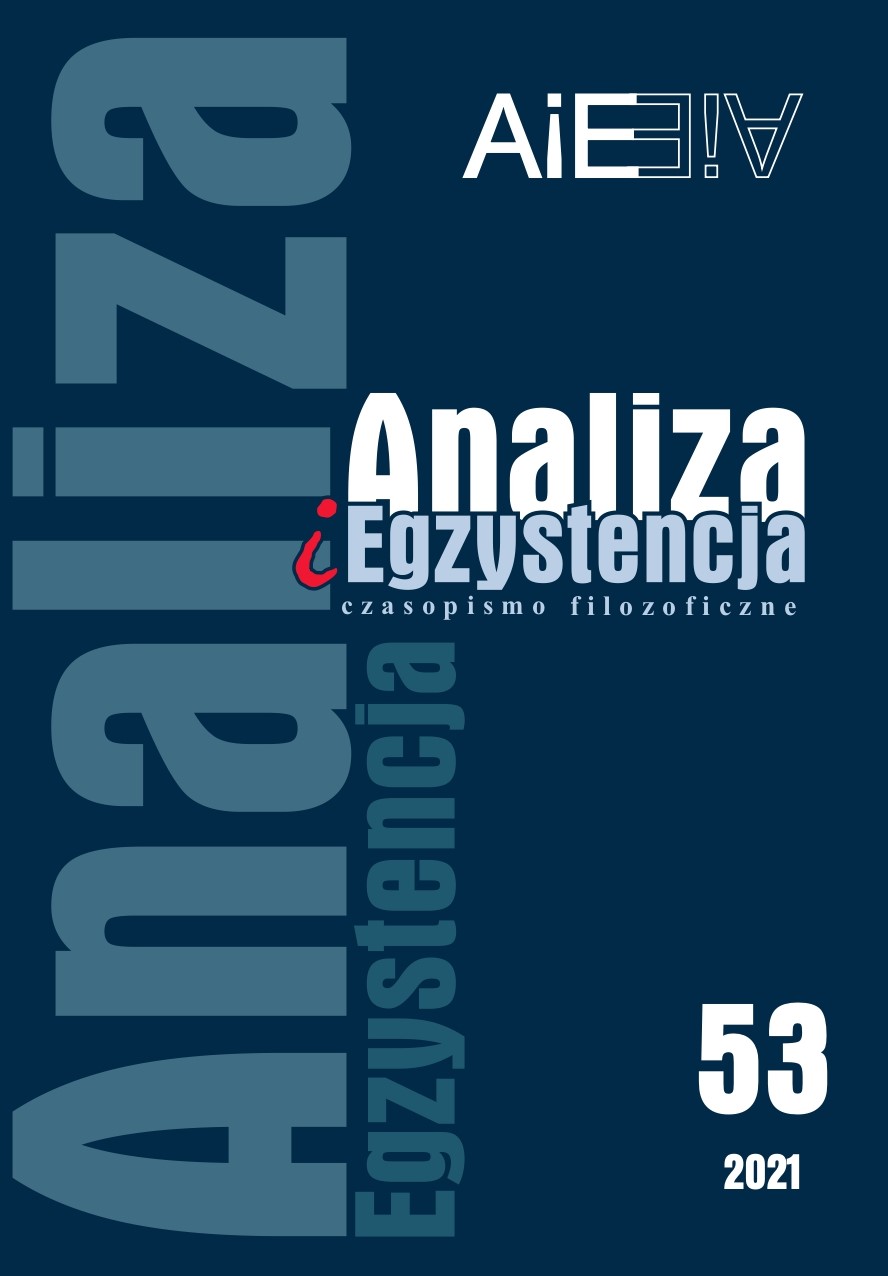The Paradoxes of Tolerance: A Deconstructive View
The Paradoxes of Tolerance: A Deconstructive View
Author(s): Giorgi TskhadaiaSubject(s): Philosophy, Philosophical Traditions, Ethics / Practical Philosophy, Social Philosophy, German Idealism
Published by: Wydawnictwo Naukowe Uniwersytetu Szczecińskiego
Keywords: tolerance; paradoxes; Derrida; Forst; Habermas
Summary/Abstract: The neo-Kantian, deontological liberal theory seeks to overcome the paradoxes of tolerance. It claims to accomplish this task by grounding tolerance in purportedly universal higher-order moral reasoning. I argue that in reality, such an approach cannot separate tolerance from particular ethical norms or empirical realities. For this reason, it cannot resolve the paradoxes of tolerance. However, I contend there is another path to account for the value of tolerating “others”. Jacques Derrida’s deconstruction provides us the way to retain the necessarily particularistic character of tolerance, without forfeiting its context-transcending, “universalistic” potential. In this article, I show that the paradoxes of tolerance need to be maintained as quasi-transcendental structures, instead of being discarded in the name of higher-order moral reasoning.
Journal: Analiza i Egzystencja: czasopismo filozoficzne
- Issue Year: 2021
- Issue No: 53
- Page Range: 25-41
- Page Count: 17
- Language: English

